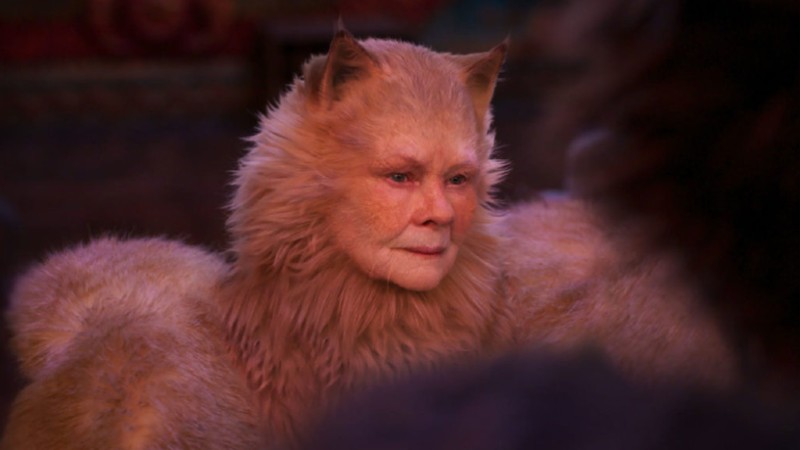QUICK SNAP: LIVE FROM TALLINN
You could bring a legal case against The Score for misrepresentation. It came billed to me as a “heist-musical”. I was deeply intrigued, having never watched a film combine such genres before. Sadly, it is neither a heist film — taking place after some unspecified ‘score’ — or much of a musical either — people standing in rooms while singing instead of providing the pleasures that such a genre usually dictates. Essentially, a play-set-to-film that features a few songs, it keeps the audience in a constant state of anticipation while delivering little to no payoff. Set in a cafe for most of its runtime, it’s like being promised a gourmet steak but the food arrives late and straight out of the microwave.
Mike (Johnny Flynn) and Troy (Will Poulter) have just stolen £20,000. One of their key dealers isn’t with them, so they have to wait at a secluded café for the drop. Like Reservoir Dogs (Quentin Tarantino, 1991), it’s all about how they act while waiting for the final resolution as opposed to the nuts and bolts of the so-called heist. The dynamic is tested when Troy falls for pretty café worker Gloria (Naomi Ackie), threatening their need for a low profile. The remaining 90 or so minutes combines a love story, crime “suspense” and several musical interludes.
Musical music need not carry the plot forward, although it can help to integrate music and story together. It doesn’t necessarily need to be catchy either, as long as it is sung with passion and heart. The songs here, written by Flynn, are created in his usual faux country-mode, using monosyllabic utterances in place of words, layered guitar lines and encompassing themes of love and striving to be free. Shot more akin to Les Misérables (Tom Hooper, 2012) than La La Land (Damien Chazelle, 2016), songs are caught in close-up rather than in a traditional one-shots. Dancing and movement is minimal.
Charisma is sorely lacking, both in the underproduced music and in the undercooked performances. Johnny Flynn seems like a lovely person, but when in the wrong hands, he has a rather underwhelming screen presence. His semi-sardonic personality and self-deprecation, sometimes at odds with his rugged good looks, can be a strength in a film like Emma (2020) — one of the few Jane Austen adaptations that truly bounces off the page — but he is handled poorly here, the viewer unable to determine the arc or heart of his character. Will Poulter suffers similar issues — he can be intense and brooding in anything from the Maze Runner series to Black Runner: Bandersnatch (Charlie Brooker, 2018), but let loose and his energy quickly sputters. Together, the two actors occasionally hit sparks — especially when Flynn is allowed to constantly criticise Poulter’s compulsive actions and when Poulter strikes back — but most of the time they feel mismatched, both indulging their worst acting impulses.
There’s a solid, non-musical short film in all this. But there’s a reason the bus scene in Hitchcock’s Sabotage (1936) didn’t last 100 minutes. There’s only so much suspense that the audience can care for. After my initial disappointment regarding the misrepresented premise, The Score quickly exhausted my patience.
The Score plays in the First Feature Competition at the Tallinn Black Nights Film Festival, running from 12th – 28th November.









